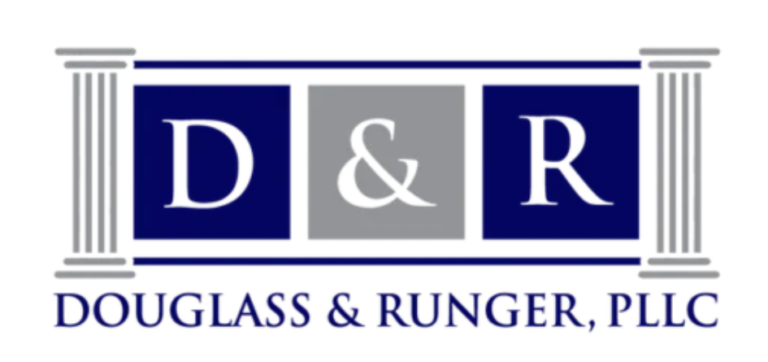Estate planning is the process of arranging how your assets will be managed and distributed after your death or incapacitation. By creating an estate plan, you can:
- Ensure your assets are distributed according to your wishes.
- Avoid family conflicts over your estate.
- Minimize estate taxes and legal fees.
- Appoint guardians for minor children.
- Plan for incapacity or end-of-life care.
Essential Documents in an Estate Plan
Proper estate planning can save your family from costly probate fees and legal battles. While these costs might seem high, the peace of mind that comes from knowing your loved ones will be taken care of is priceless. Your estate plan should include the following critical documents:
- A Will outlines your wishes for how your property should be distributed upon your death. It also names guardians for minor children and specifies how debts and taxes should be handled. A basic Will may cost a few hundred dollars, while more complex estate plans can cost thousands.
- A Trust allows you to transfer assets to beneficiaries without going through probate. It also provides greater control over how and when your assets are distributed. Setting up a Revocable Living Trust or other types of trust typically costs more than a simple Will.
- A Durable Power of Attorney grants someone the authority to handle your financial matters if you become incapacitated.
- Advance Health Care Directive, also known as a Living Will, this document outlines your wishes for medical treatment in case you cannot communicate them.
- Attorney fees for estate planning vary based on location and the complexity of your estate.
Estate Planning for Families and Special Situations
Estate planning is not a one-size-fits-all process, especially when families have unique needs. Here are some special situations that may require additional planning:
- Estate planning for blended families can be complicated, especially when trying to balance the needs of biological children, stepchildren, and a new spouse. We can help you create a plan that honors all your loved ones.
- As your parents age, ensuring their assets are protected, and their healthcare wishes are honored is essential. Elder law and MedicAid planning are critical components of estate planning for seniors.
- Estate planning for business owners involves succession planning, ensuring that your business continues smoothly after your death or retirement. A family limited partnership can help you transfer business interests to the next generation while minimizing taxes.
Advanced Estate Planning Tools
You might need to consider more advanced estate planning tools if you have significant assets. These include:
- There are different types of trusts, from irrevocable to charitable trusts. Each type serves a specific purpose. We can help you choose the right trust for your situation.
- Family limited partnerships: This tool allows you to transfer business interests and assets to family members while minimizing taxes and maintaining control.
- Joint tax and estate planning seminars: Consider attending one of our seminars to learn about the intersection of tax planning and estate planning.
Why Work with an Estate Planning Attorney at Douglass & Runger?
Sure, you could go the DIY route with online templates — but estate planning isn’t a one-size-fits-all process. Here’s how our experienced attorneys can make things easier (and give you peace of mind):
- We know Tennessee laws inside and out. We’ll make sure your estate plan is done right and fits your unique situation, so nothing important gets overlooked.
- We help you plan for what you might not think about. From choosing trustworthy guardians to handling tricky family dynamics, we help cover the details that a template simply can’t.
- We reduce the risk of court challenges. A professionally drafted Will or Trust means your wishes are clear, making it harder for anyone to dispute your plan later on.
With Douglass & Runger, you’ll get more than just paperwork — you’ll get a plan that truly protects what matters most.









